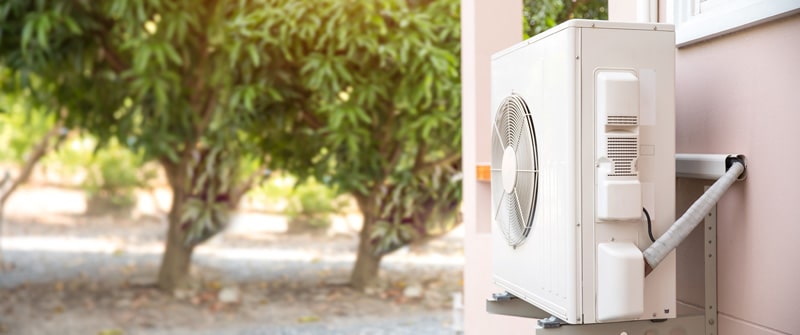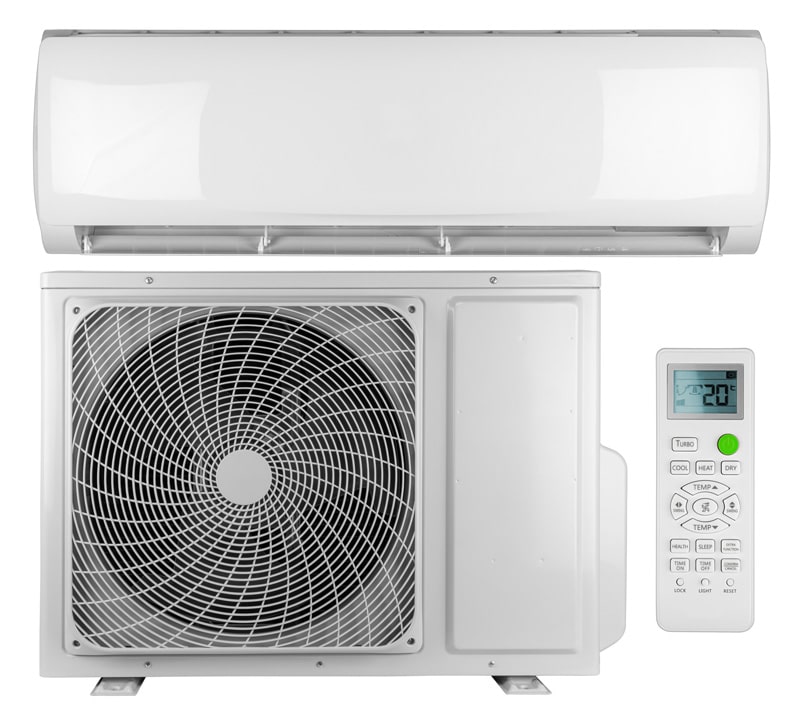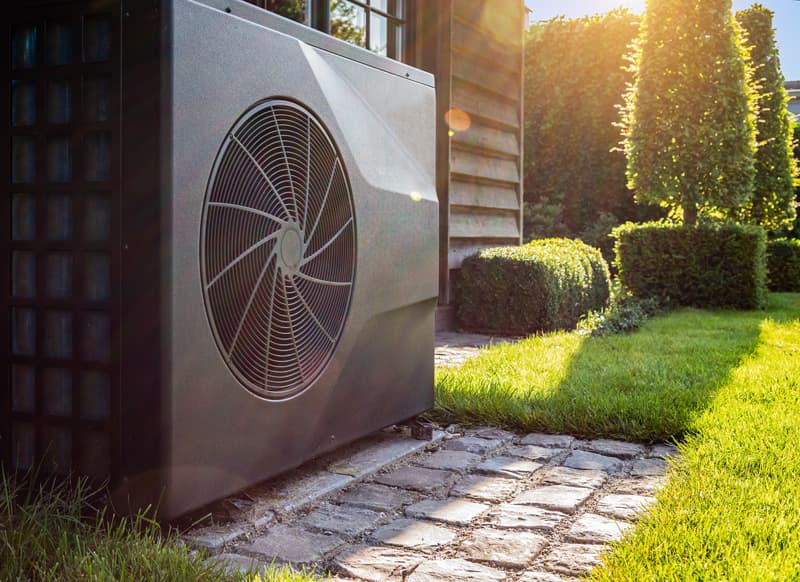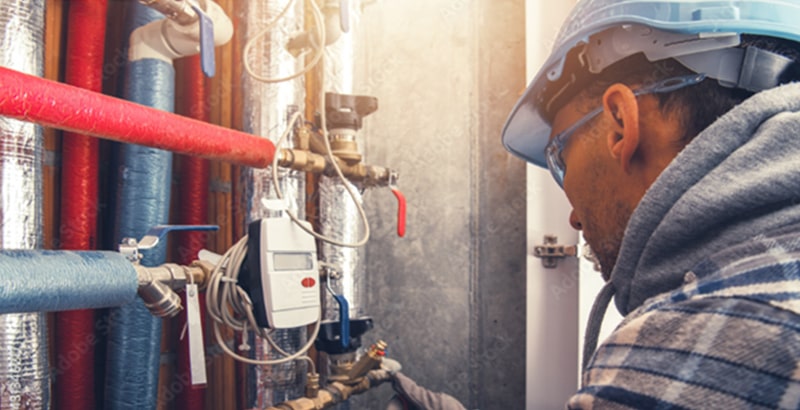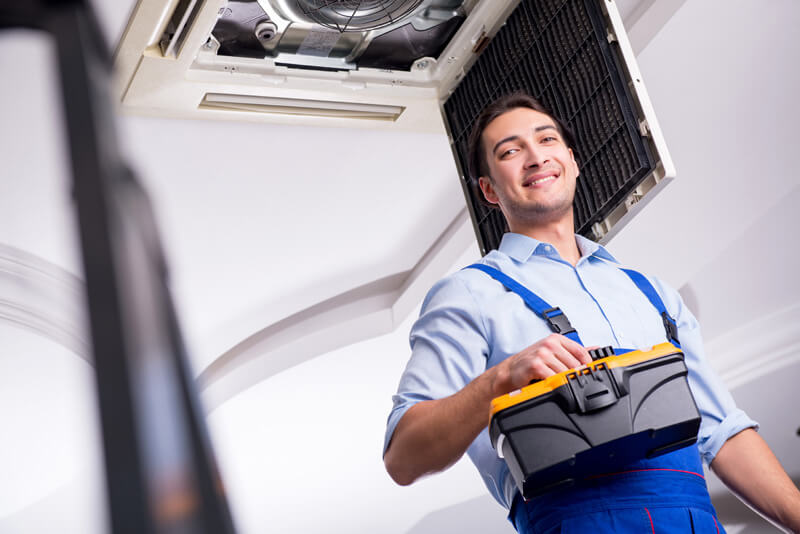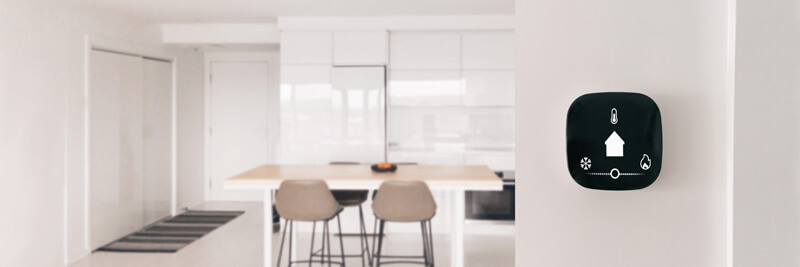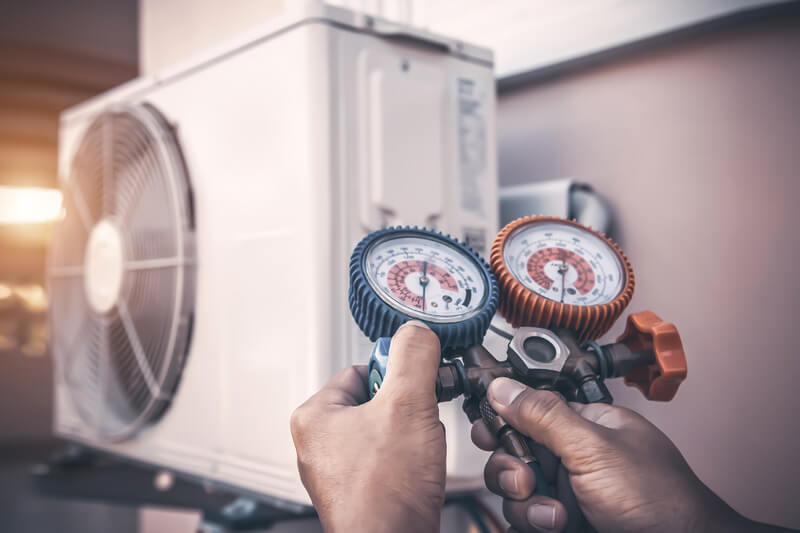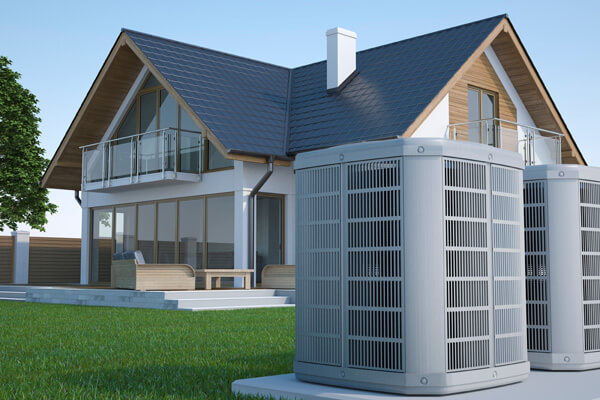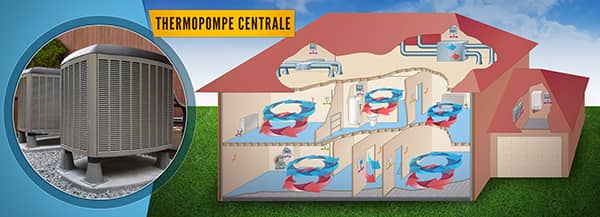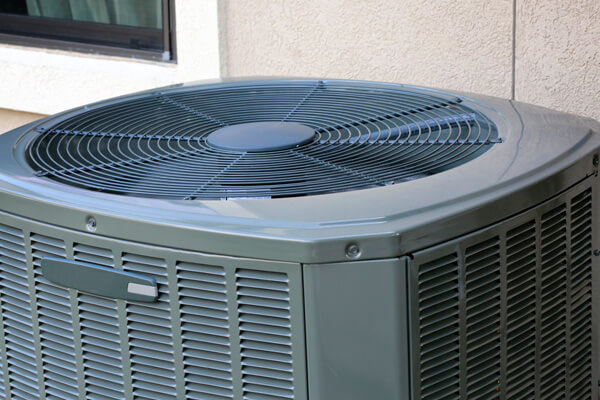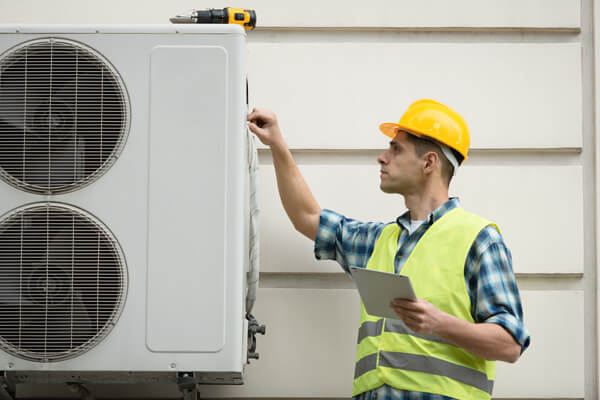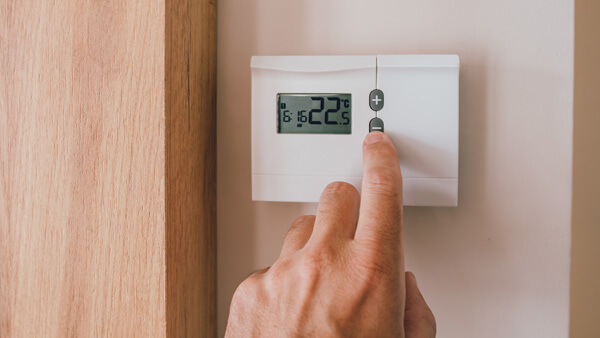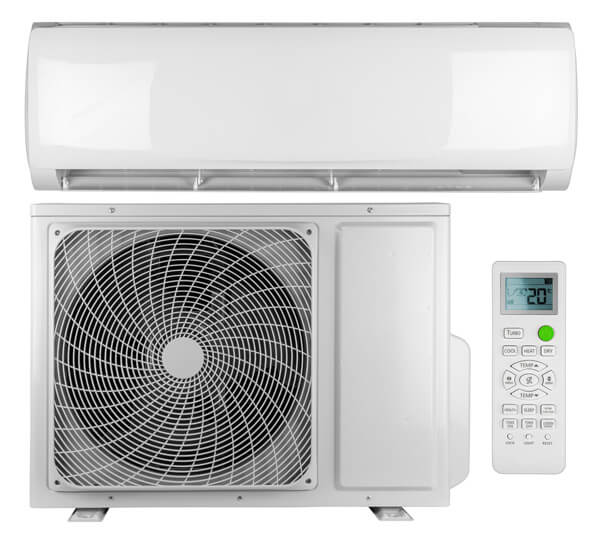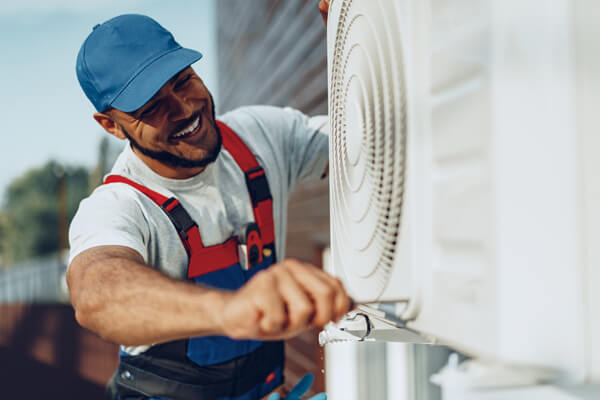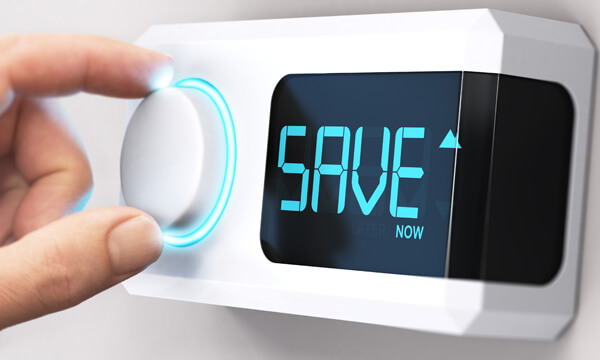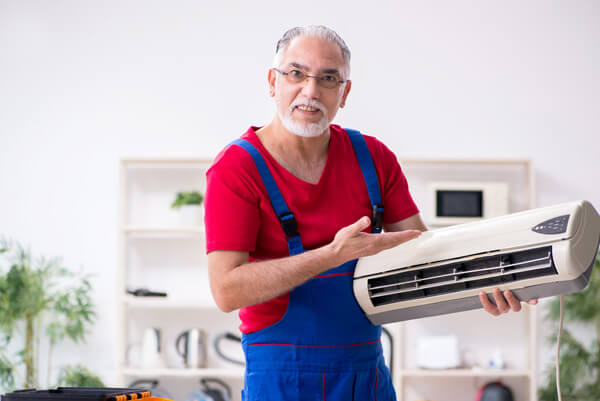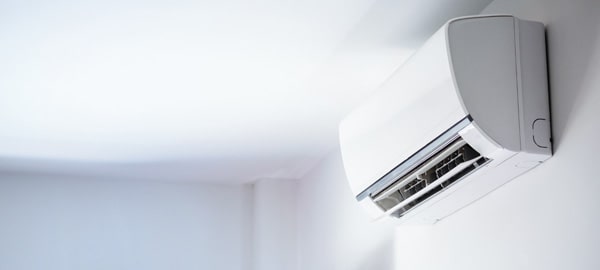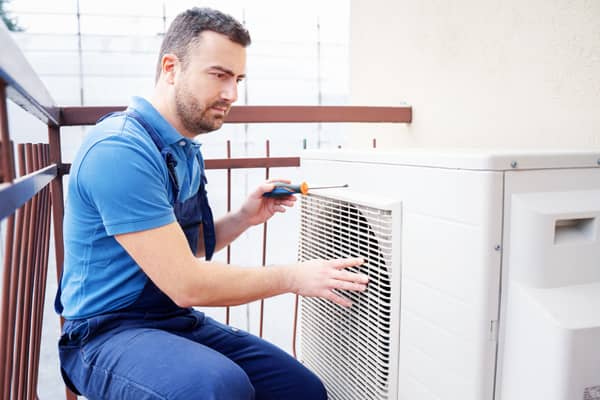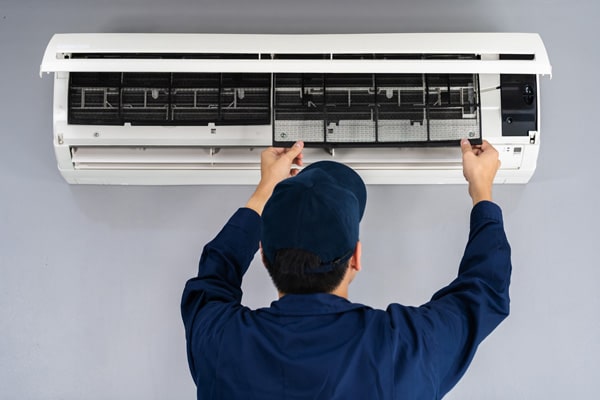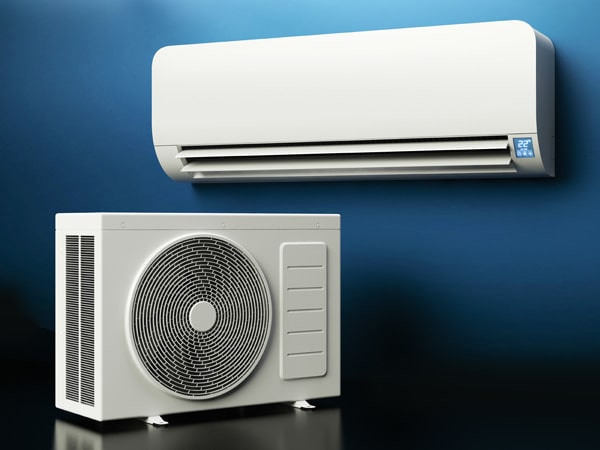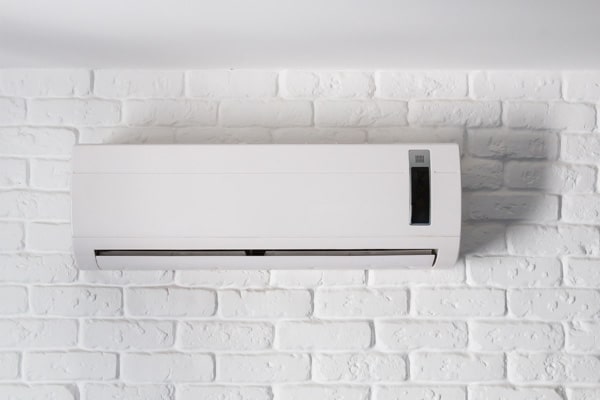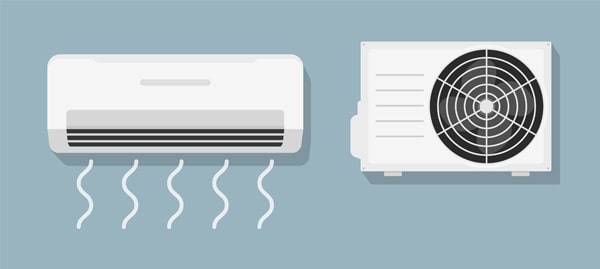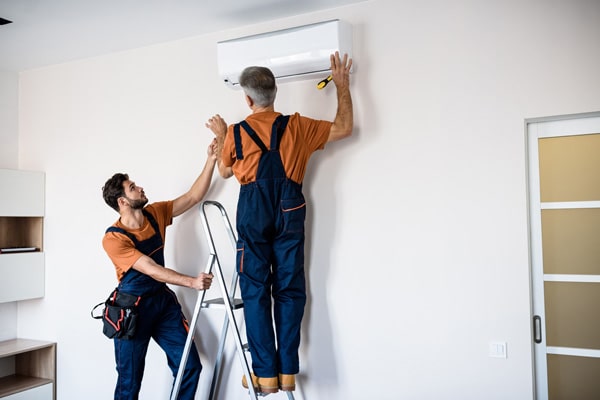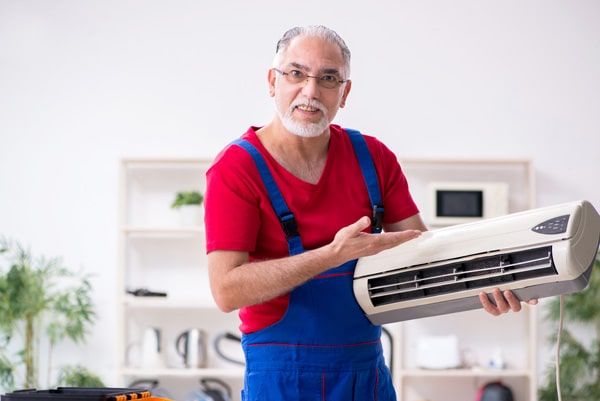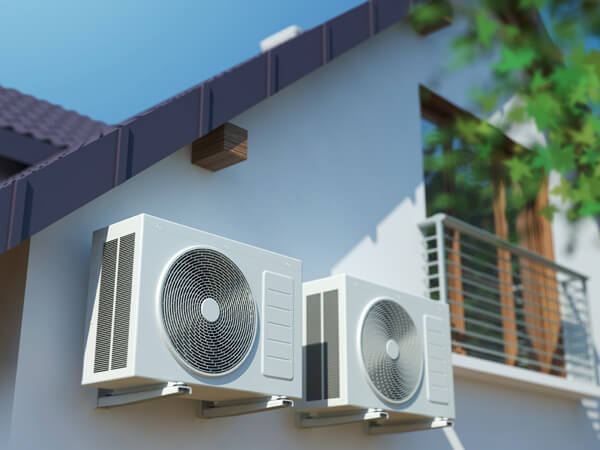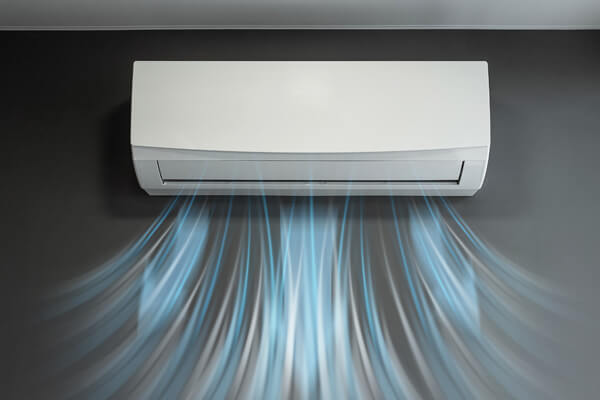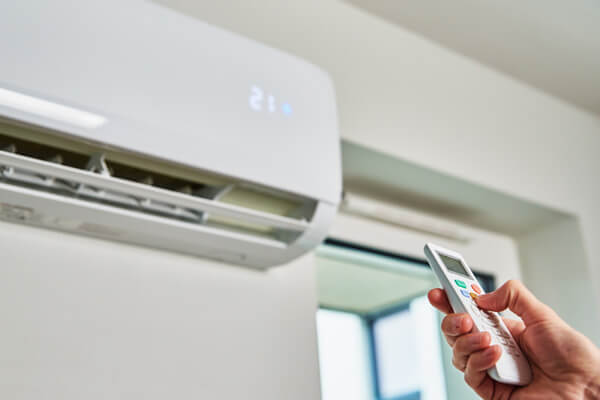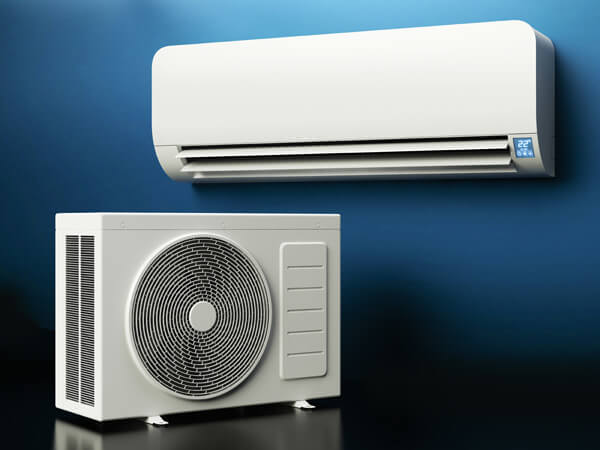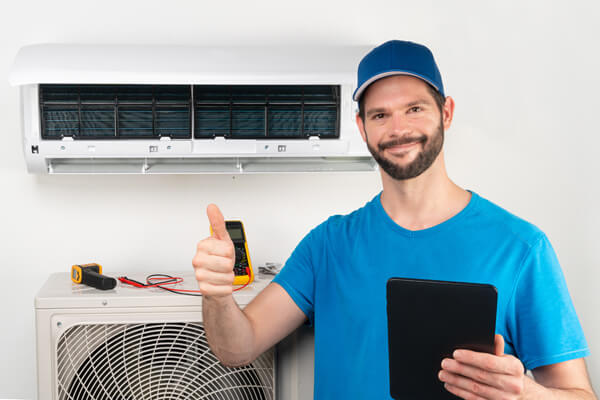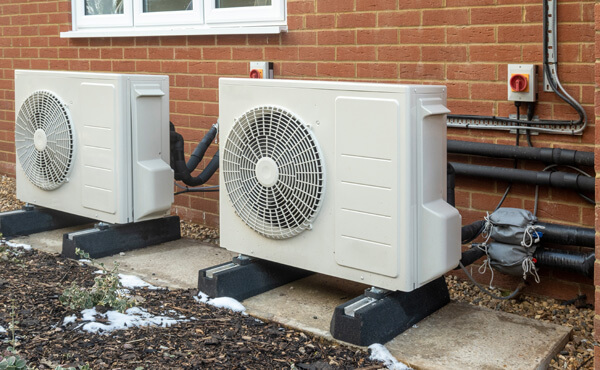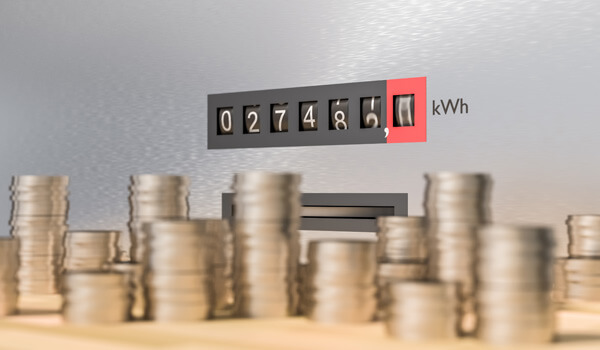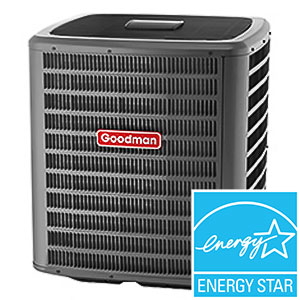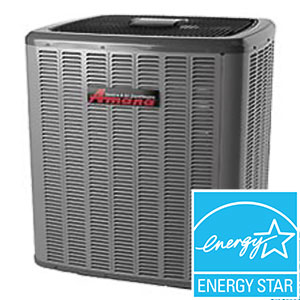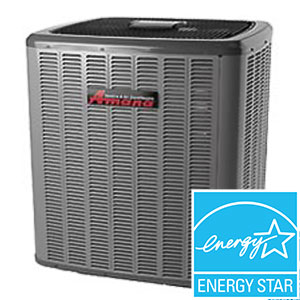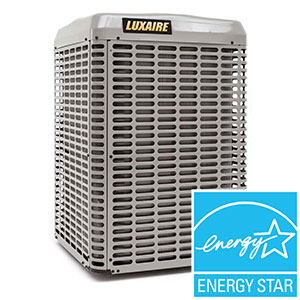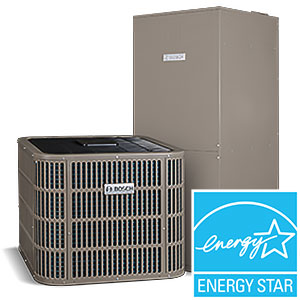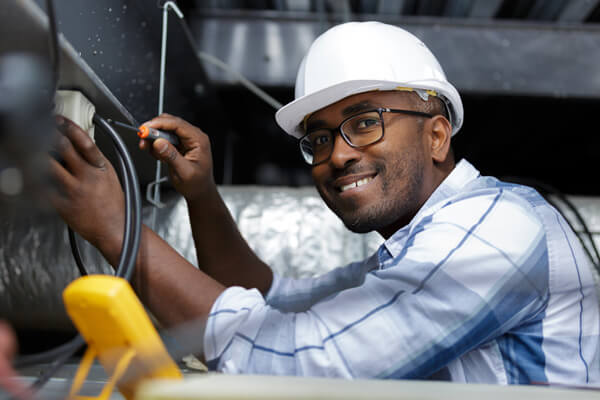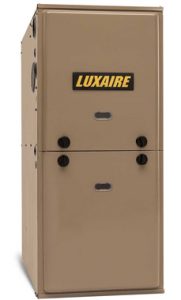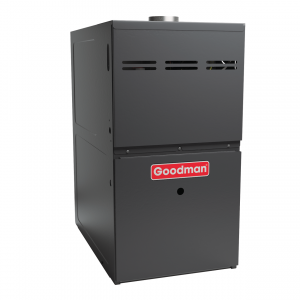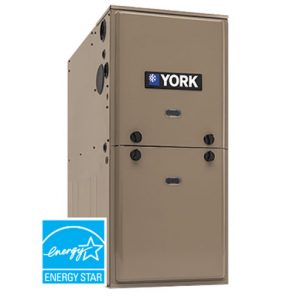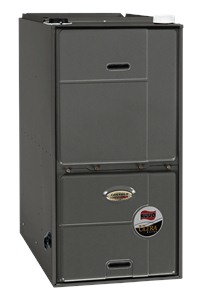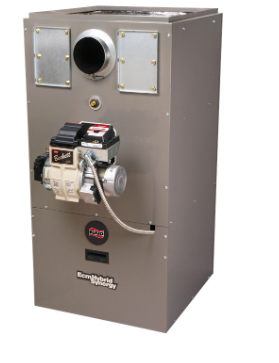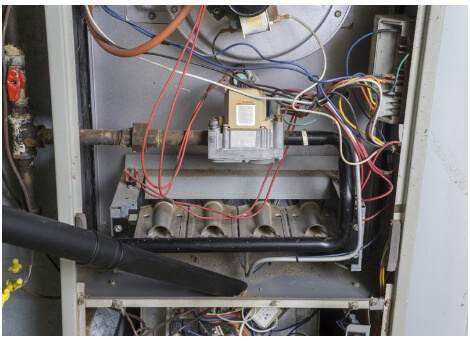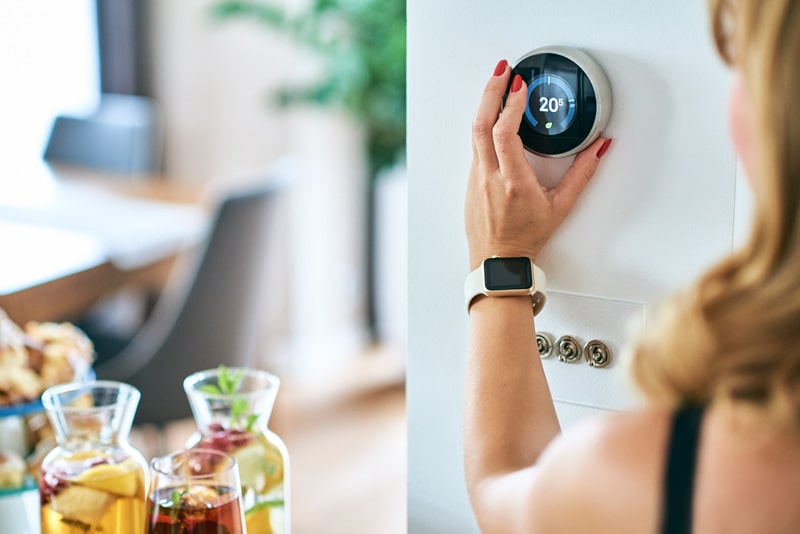
Good ventilation is very important in a home. Efficient filtration of the air will reduce pollutants and decrease your risk of catching a disease.
Homes are usually sealed. Thus, the air has moisture which creates pollutants from our daily activities. With an air exchanger, the home can be rid of stale and polluted air and replaced by fresh air from outside. In essence, an air exchanger renews the air throughout the home.
Stale air also has an undesirable smell. This can even be embarrassing when you have guests in the home.
By installing an air exchanger, you and your family can enjoy clean and healthier air inside your home at all times.
Check for available air exchangers that are suitable to your home by comparing FREE and NO-COMMITMENT quotes from our HVAC partners.
Reasons you need an air exchanger
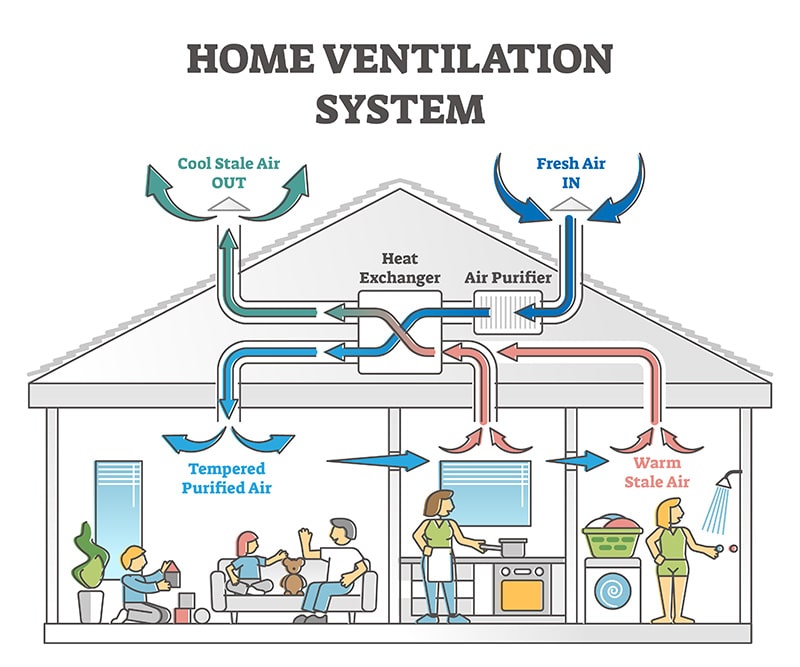
Because homes in Canada are well-insulated, contaminants, moisture, and allergens get trapped inside.
By installing an air exchanger, you can efficiently eliminate stale air and bring fresh air into your home.
Pet hair, smoke from cooking, dust, and carbon dioxide from gas heaters can cause air pollution. Based on the building code, new constructions must have a ventilation system for higher energy efficiency. For this reason, air exchangers are highly-recommended for any type of home or building.
What are the benefits of installing an air exchanger? Below are just some of the advantages you can get from an air exchanger installation.
- Maximize the circulation of indoor air and support natural ventilation.
- Clean the air by eliminating pollutants (cooking smoke, tobacco smoke, chemical fumes)
- Remove odour (cigarettes, moisture, cooking, etc.) that can get trapped in clothing, furniture, cushions, rugs, etc.
- Improve your general health by preventing lung diseases, allergies, asthma, etc.
- Eliminate moisture that promotes mold and causes health risks.
- Maximize the efficiency of air conditioning and heating systems by reducing energy consumption.
- Easy installation with a wide range of models to choose from.
An air exchanger should be kept on at all times – summer, spring, fall, and winter. Regardless of the size of your home, a good air exchanger will circulate the air within a few hours.
How do air exchangers work?
As mentioned in the preceding section, air exchangers promote clean and healthy indoor air by eliminating stale air and infusing fresh air from outdoors.
Using ductwork installed in walls, these ducts distribute fresh air and expel stale air. Grilles for the distribution of fresh air are placed in every room of the house while grills for removing stale air are usually installed in the uppermost level where pollutants are known to accumulate.
The system for fresh air distribution and exhaust ducts are connected to the air exchanger. Other ducts are also installed to gather fresh air outdoors and expel stale air.
As you can see, an air exchanger manages the proper ventilation of the entire home.
Installation options for air exchangers in the home
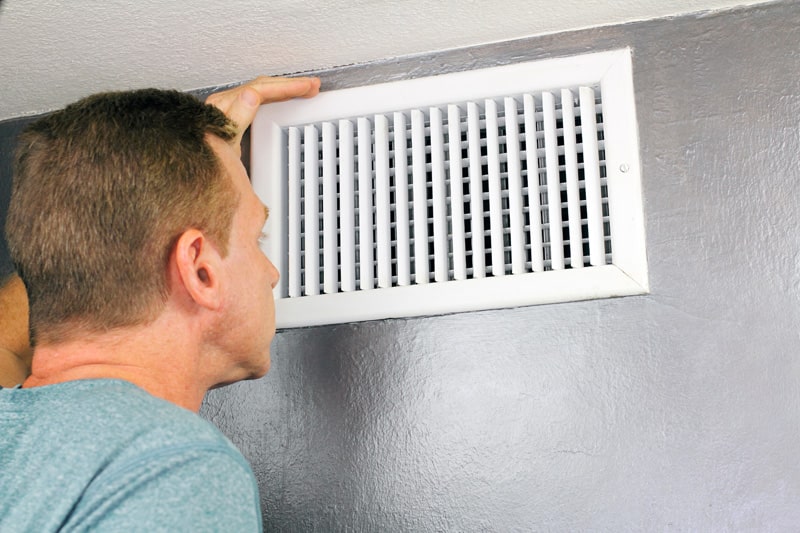
Air exhaust grilles and air intake will maximize ventilation throughout the home. They can work in tandem with forced-air systems or can be independent using a ducted system.
Complete duct system: Are advisable for homes with hot water or electric baseboard heating or radiant flooring. This type of system can eliminate pollutants and distribute clean air to all parts of the home.
Simple system: A simple system can be installed to support a forced air or air handler system.
Exhaust duct system: This type of system is ideal for houses with forced air heating system such as a furnace.
If an air exchanger is added to an existing HVAC system, it improves indoor comfort and energy efficiency. You can save money on installation costs because the need for a new ductwork is eliminated.
Consult an HVAC professional from our network to find out what type of installation is suitable for your home. Just fill out the short online form below to receive free quotes to compare.
How Much Does it Cost to Install an Air Exchanger?
Compared to manual ventilation such as the opening of windows, an air exchanger provides a balanced flow of air that maintains air pressure in the home comfortably. When the air exchanger also has a heat exchanger, it can also regulate humidity and temperature.
Are you wondering about the cost of installing an air exchanger? A number of factors will affect the total price, including:
- The size of the home
- Quality of the insulation
- Your existing HVAC system
Similar to most types of home renovations or upgrades, it is almost impossible to give an accurate quote without an inspection of your home. On average, however, the price of an air exchanger is a little over $4,000 but it will depend on your home’s configuration and whether you choose an integrated system or a stand-alone unit.
This type of project is also not recommended as a DIY improvement for homeowners. It is important to look for a qualified and reliable contractor and compare at least 3 quotes.
Thermodynamic air exchangers and their advantages
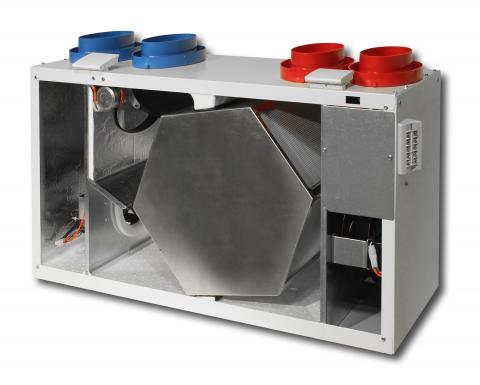
Air always has heat energy. In winter, however, the air is cold and heating becomes necessary. Heat pumps and thermodynamic heat exchangers can capture ambient air and direct it to ducts with antifreeze liquid. This type of system is very effective because when it is freezing cold, the ait that circulates around the ducts will heat the antifreeze liquid or refrigerant.
The refrigerant absorbs the heat in the air, heats it, and evaporates. The compressor will increase the pressure of the vapor produced and increases the temperature further.
The compressed steam then becomes really hot and is used to heat your home.
One of the biggest advantages of a thermodynamic air exchanger is that with a single unit, they combine the functions of a heat recovery heat pump air exchanger and an air exchanger. In most cases, they are separate.
The lifespan of such a system is also longer because all of its components are integral in a single device that is installed in your home.
You also eliminate the need for an outdoor condenser taking up space outside the home.
Do you need humidity control?
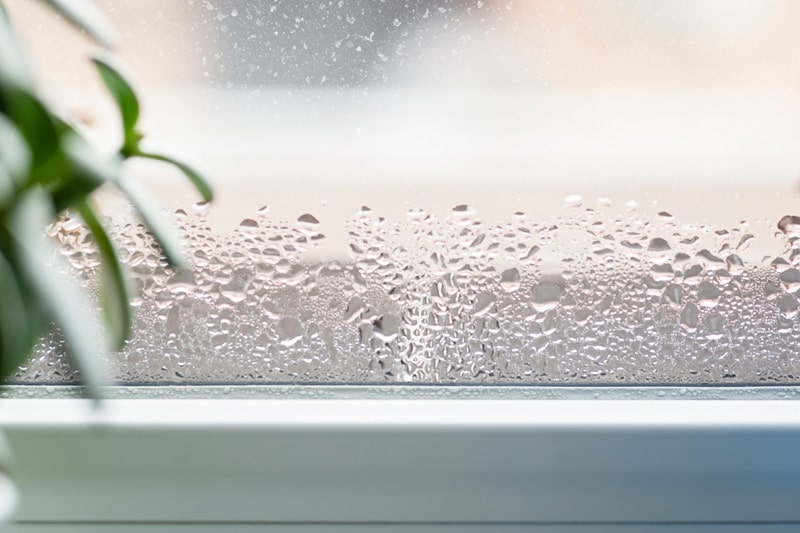
The heat recovery ventilator, also known as HRV, is a very popular type of heat exchanger. It allows fresh air to come in from the outside.
An energy recovery ventilator or ERV is another type of system. The basic difference between both systems is the core’s nature. An HRV has a metal core while an ERV has a paper-like material that absorbs moisture.
With regards the cost, the price is not significantly different. In terms of energy consumption, it is almost the same but an HRV requires more maintenance because the metal core requires periodic cleaning to prevent mold.
Choosing the type of air exchanger or heat pump
Usually, a family of four living in a house with less than 2,000 square feet, will produce a lot of humidity during their daily activities (showers/bath, cooking, breathing…).
An HRV will help eliminate excess humidity and maintain a rate of around 40%. In winter, the ideal humidity level for the home and the health of your household is between 35% and 40%.
The energy recovery ventilator (ERV), whose role is to redistribute the humidity that would have been evacuated will maintain a humidity level that would exceed 45%.
For a smaller apartment that is empty most of the time, it is recommended to reduce the frequency of air exchanges in the HRV in order to avoid excessive loss of heat and humidity. To maintain adequate air quality when your home is unoccupied, simply operate your HRV intermittently, such as 20 minutes every hour.
For larger properties with dispersed humidity or in a house few residents and less humidity generated), a heat recovery ventilator (HRV) which evacuates it to the outside 24 hours a day could lower the humidity below the recommended level of 35%.
The solution would be to use a humidifier during the winter period or to operate the ERV intermittently to avoid making the air too dry. When it comes to air conditioning, the ERV will work in cooperation with your air conditioner with the common goal of dehumidifying the incoming air and transferring that excess moisture to the exhaust air.
In Quebec, the choice between an air exchanger with a heat pump (HRV) or an air exchanger with an energy recovery heat pump (ERV) will be made based on the climate, the type of residence, and its occupancy rate.
On the other hand, a thermodynamic air exchanger, being both HRV and ERV, adapts to all types of climates, residency rate, and type of residence, simplifying your choices!
Compare 3 free quotes to buy your air exchanger

Your thermodynamic air exchanger or your HRV or VRE heat pump air exchanger will heat or cool your home while respecting the environment and reducing your carbon footprint.
You will also enjoy tremendous savings on your energy bill.
If you need advice on which heat pump air exchanger to choose, simply fill out the online request form below. You will receive FREE and NO OBLIGATION quotes from experienced HVAC specialists in your area.
Our network will quickly connect you with the best heat pump specialists so you can save on time.
Indeed, all of our HVAC partners were screened according to rigorous standards. Each of them must hold the required certifications and have the experience and expertise to enable them to deliver high-quality services that meet your expectations.
Start comparing air exchangers and heat pumps today by filling out the online form below, free of charge!

